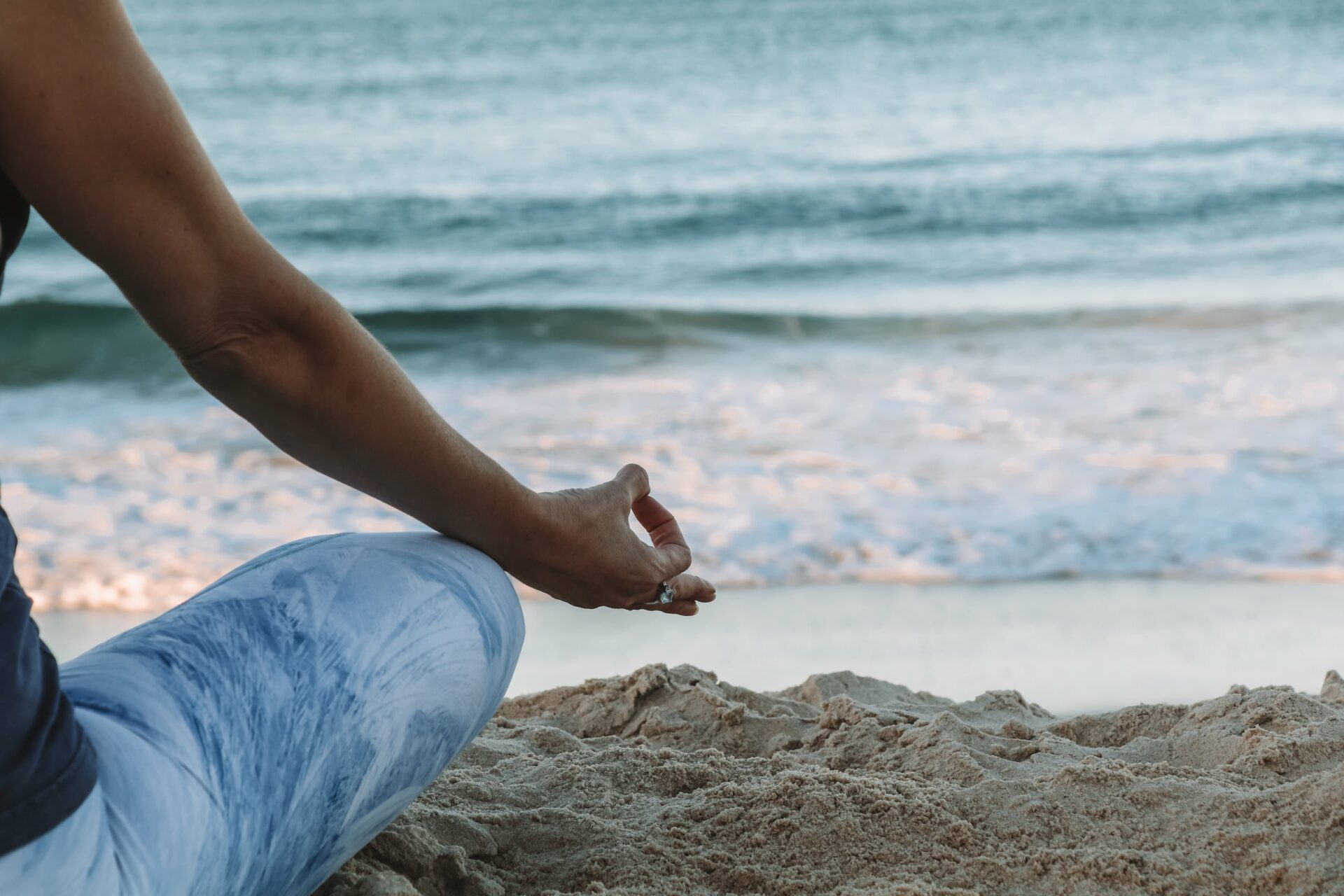Productivity has become an ubiquitous term in the modern period, yet it can be defined in a variety of ways. Productivity is defined as ‘the rate at which a worker, a firm or a nation produces things and the amount produced in relation to how much time, labour and money are required to generate them’ by the Oxford English Dictionary. Some sorts of productivity, such as mindful and personal productivity, may be more relevant to us. I will be focusing on mindful productivity for this article.

Based on Ness Labs’s concept, being productive while maintaining control over one’s thoughts and feelings is what is meant by the term ‘mindful productivity.’ Even if you only have a few items on your plate, it’s important to keep your mental and emotional health in check because it can lead to burnout or an unsatisfactory final output. A task’s expectations or aims are critical, but they must also be reasonable and not overly ambitious. In the same way, it is crucial to recognise oneself for the progress that one has made because some activities may take longer than planned to finish. Buffer times can be used to fix this.
With that in mind, here are some helpful nuggets from my Gen Z perspective.
Be mindful of your thoughts and feelings, first and foremost. Having an open mind will allow you to be more accepting and understanding of the circumstances. As a result, you’ll be less likely to become sidetracked. It’s possible to change your outlook on a situation by accepting and admitting your feelings and ideas, rather than allowing them to continue to unsettle you.
Second, it’s difficult to think clearly when we’re overwhelmed with a slew of feelings. You may wind up feeling overwhelmed as a result of this. Emotional distress can be relieved by writing or talking about these thoughts (what I term ‘brain dumping’). Then you can see the wider picture and rationalise your varied emotions, you should do so in this way. This is especially useful when you’re busy, so that you can return to this when you’re able, as it’s crucial to recognise them and make a decision about what to do with them, as outlined in point one above.
Thirdly, when I encounter a challenge, I prefer to approach it from a place of enquiry. It’s better to learn from my mistakes rather than dwell in self-loathing and self-defeating beliefs. The following are some of the questions I’ve been asking myself lately.
1. Decide if you wish to follow the route of negative emotions or the path of happy emotions
2. Instead, how can I approach this from a position of growth and curiosity?
3. Is there a way to be more rooted in what I’m doing now?
The answers to these questions have helped me achieve a more ‘zen’ state of mind, allowing me to better focus on the important things in life, since I really believe in the phrase, “You either win or learn in life.” No challenge is truly a loss unless you decide to deem it such.
“I’ve found that following my body’s cues to rest and recharge helps me return stronger each time.”
In order to keep myself grounded, I use these three methods every day. It is crucial to take pauses throughout the day. Taking a break allows one to recharge and even re-energize themselves when they return. Taking a break from work or school means allowing your mind to relax. Overthinking will do more harm than good to your body throughout your break if you are one of such people. I’ve found that following my body’s cues to rest and recharge helps me return stronger each time.
At the end of the day, you should be satisfied and content with what you’ve chosen to pursue. Okay, that’s it for now.
Authored by Gen Z consultant, Jerica Kuah

